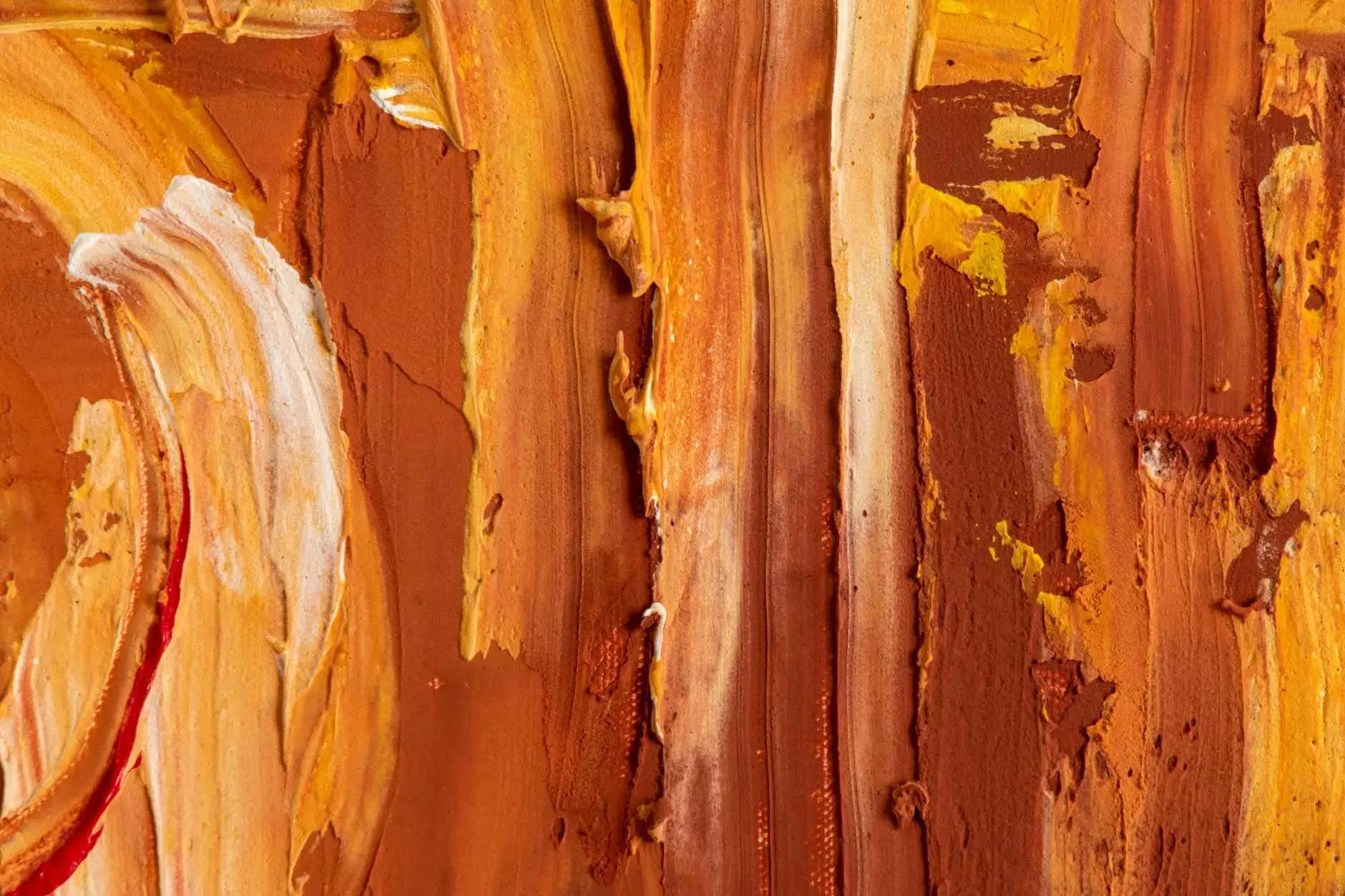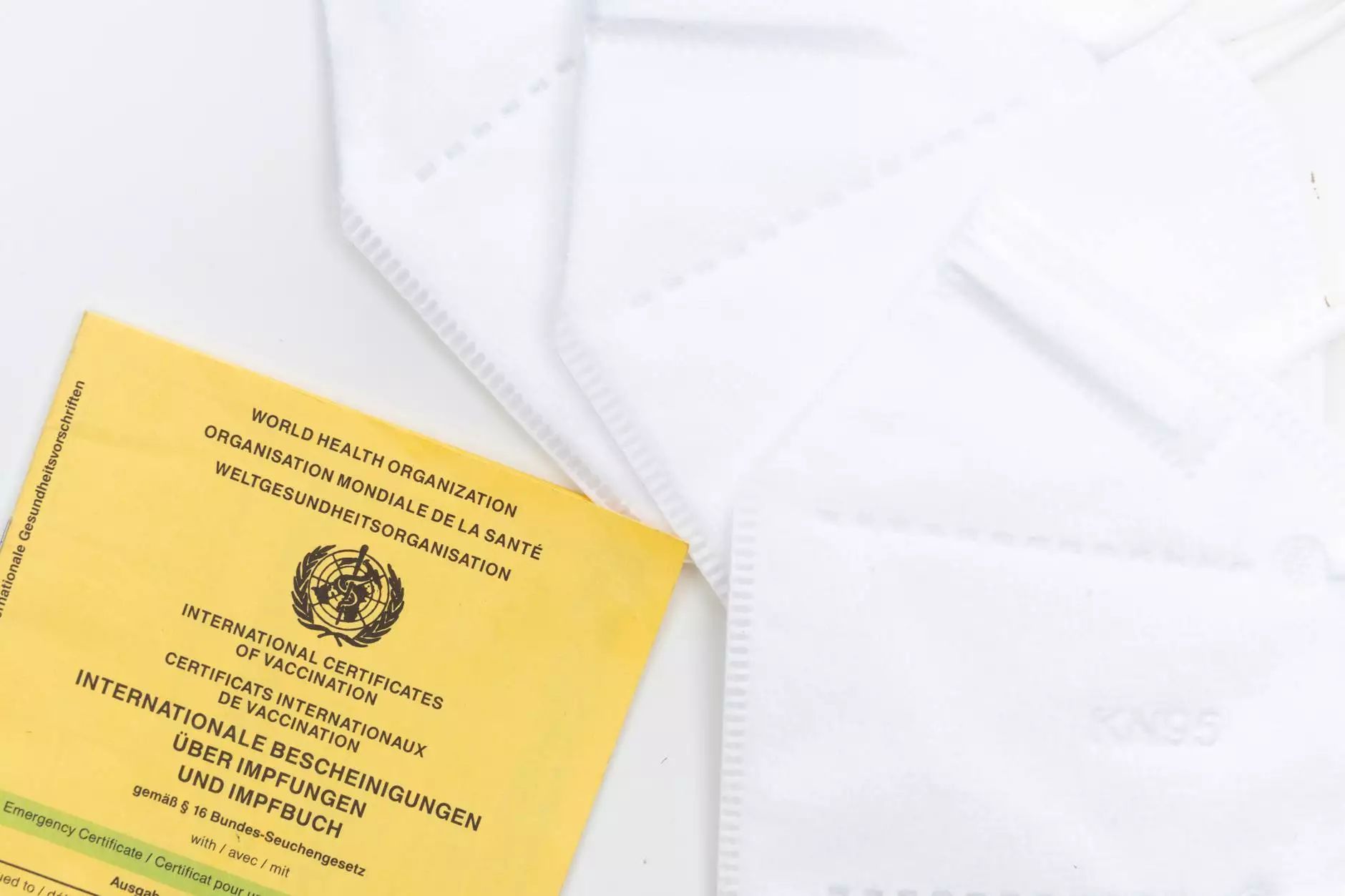The Rise of THCA Flowers in the Cannabis Industry

The cannabis industry has undergone significant transformations over the years, with consumer interest evolving alongside the increasing scientific understanding of its components. Among the various cannabinoids gaining attention, THCA flowers have surfaced as a promising player in the realm of medical cannabis and therapeutic applications. In this article, we delve deep into what THCA flowers are, their benefits, and how they stand out in the market.
Understanding THCA: A Non-Psychoactive Compound
THCA, or tetrahydrocannabinolic acid, is a cannabinoid found in raw cannabis plants. This compound is often confused with its more famous relative, THC (tetrahydrocannabinol), which is known for its psychoactive properties. However, THCA is non-psychoactive and is considered to have a myriad of therapeutic benefits that are becoming increasingly recognized in the cannabis community.
The Chemical Composition of THCA Flowers
THCA is the acidic precursor to THC. Before the cannabis plant undergoes decarboxylation (the process of heating), it exists in the form of THCA. When exposed to heat, THCA transforms into THC, which is the psychoactive compound responsible for the "high" associated with cannabis. This crucial distinction is what makes THCA flowers particularly appealing to those who seek the benefits of cannabis without the intoxicating effects.
Health Benefits of THCA Flowers
The potential health benefits of THCA flowers are numerous, contributing to their increasing popularity among both patients and recreational users alike. Below are some of the key benefits that have been discussed in various studies and anecdotal evidence:
- Anti-Inflammatory Properties: THCA may help reduce inflammation, making it beneficial for those suffering from chronic inflammatory conditions.
- Neuroprotective Effects: Initial studies suggest that THCA has neuroprotective properties, potentially offering assistance for conditions like epilepsy and neurodegenerative diseases.
- Appetite Stimulation: Unlike some THC products that may induce anxiety or paranoia, THCA has been reported to help stimulate appetite without the psychoactive effects.
- Anti-Nausea Qualities: THCA may assist in alleviating symptoms of nausea, particularly in patients undergoing chemotherapy or other treatments that induce vomiting.
- Potential Anti-Cancer Properties: Early research indicates that THCA may inhibit the growth of cancer cells, although more research is necessary to fully understand its effects.
How to Use THCA Flowers
For individuals interested in exploring the benefits of THCA flowers, there are various methods to incorporate them into one's routine:
1. Raw Consumption
One of the simplest ways to consume THCA is by eating raw cannabis leaves or adding them to smoothies. This method retains the non-psychoactive benefits while providing a quick and easy intake.
2. Juicing
Juicing cannabis can extract the beneficial compounds, including THCA. This is ideal for those looking for a refreshing and nutritious option that maximizes the plant's health benefits.
3. Tinctures
THCA tinctures, typically made from raw cannabis, are also gaining popularity. These are easy to dose and can be added to food or taken sublingually for efficient absorption.
4. Edibles
Some companies are creating edibles that incorporate THCA. These products can provide a delicious way to benefit from this cannabinoid without the psychoactive effects of THC.
THCA vs. THC: Key Differences
Understanding the differences between THCA and THC is essential for consumers and health professionals alike. Here are the primary distinctions:
- Psychoactivity: THCA is non-psychoactive, allowing users to experience the benefits of cannabis without impaired cognitive performance, while THC is well-known for its psychoactive effects.
- Medical Benefits: THCA's therapeutic benefits are largely observed in areas such as inflammation and neuroprotection, while THC is mostly associated with pain relief and appetite stimulation.
- Consumption Methods: THCA is usually consumed in its raw form, while THC is often smoked, vaporized, or ingested in prepared products.
The Role of Cannabis Collectives
Cannabis collectives play an essential role in the proliferation and education of substances such as THCA flowers. As more people seek information on cannabis for medicinal purposes, these collectives become vital in providing access to products and shared knowledge among users. They often facilitate:
- Education: Providing workshops and materials about THCA and other cannabinoids.
- Access to Quality Products: Ensuring consumers can access verified sources of THCA flowers with clear labeling of cannabinoid content.
- Community Support: Creating a welcoming environment for individuals to share experiences and learn from others about cannabis use.
Medical Cannabis Referrals: A Path to Healing
For patients seeking to try THCA flowers for their medicinal properties, obtaining a medical cannabis referral can be a crucial step. Qualified medical professionals can evaluate a patient’s needs and determine if THCA could be beneficial as part of their treatment plan. This process often involves:
- Consultations: Discussing symptoms and potential treatments with healthcare professionals experienced in cannabis therapy.
- Personalized Treatment Plans: Creating plans that consider the individual’s health history, current medications, and lifestyle.
- Monitoring and Adjustments: Regular check-ins to monitor the effectiveness of THCA and make necessary adjustments to the treatment regimen.
Cannabis Tours: An Educational Experience
Cannabis tours have emerged as an innovative way to educate consumers about the cannabis industry, including the cultivation of THCA flowers. These tours typically provide visitors with the opportunity to:
- Learn About Cultivation: Guided tours of cannabis farms or production facilities showcase the growing and harvesting process of cannabis plants, including those that produce THCA.
- Understand the Science: Engaging presentations that explain the differences between cannabinoids, and how they are extracted and utilized.
- Experiment with Products: Many tours offer tastings or samples of products derived from THCA and other cannabinoids in a safe and educational setting.
Conclusion: The Future of THCA Flowers in Cannabis
As the cannabis industry continues to grow and evolve, THCA flowers are poised to become a significant component of both recreational and medical markets. With their promising therapeutic benefits, non-psychoactive properties, and increasing consumer awareness, THCA represents a future of cannabis that many are eager to explore. The rise of cannabis collectives, medical referrals, and educational tours will serve to further propagate the knowledge and accessibility of THCA flowers, carving out their place in the functional landscape of cannabis.
For individuals and businesses, staying informed about the potential of THCA flowers will be crucial for leveraging the ongoing advancements in cannabis science and consumer interests. The implication for health, wellness, and responsible use remains a shared objective that benefits from comprehensive dialogue and research.









